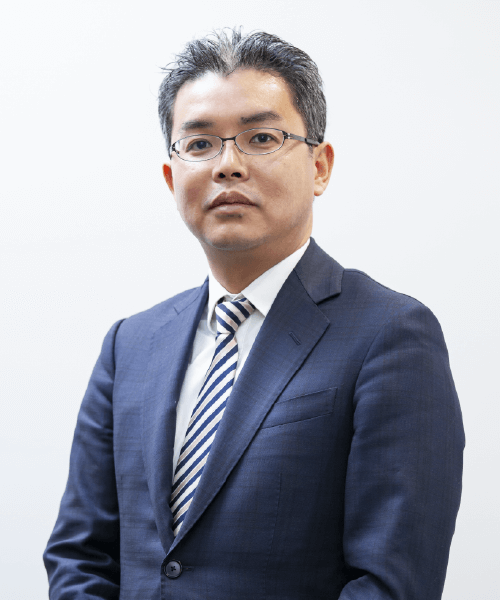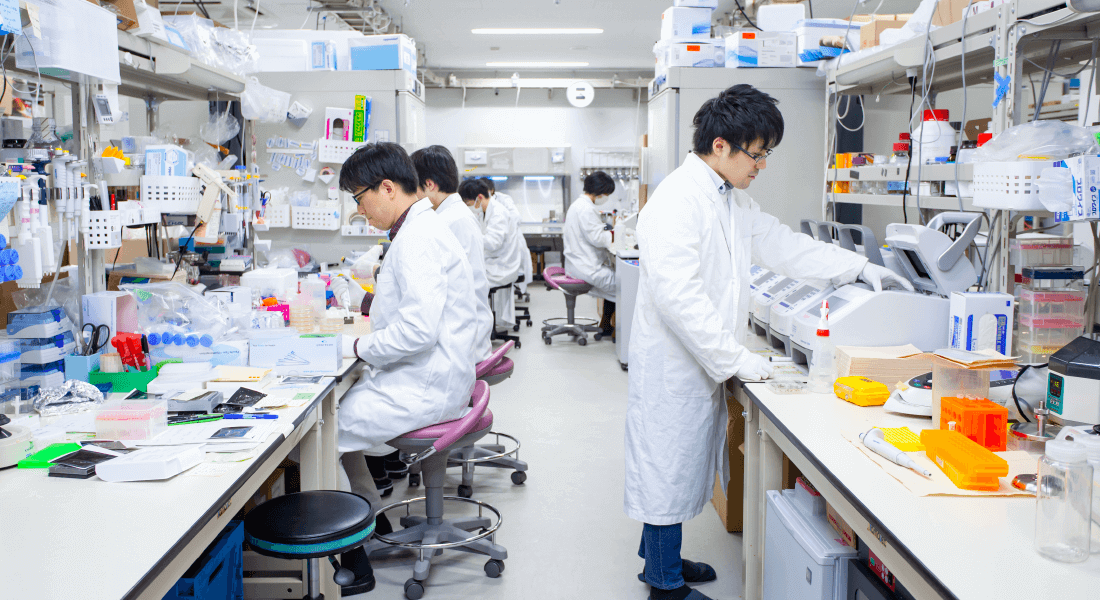Message from the Director
Message from the Director
Generating Innovation Through Advanced Bioengineering
With the adoption of the SDGs and the Paris Agreement, the world's major nations have positioned the development of a bioeconomy that balances sustainable economic growth with solutions to societal challenges among their key national strategies. With global issues such as climate change, ocean plastic pollution, and pandemic risks posing real threats, there is growing global anticipation for the establishment of a circular economy society that utilizes biotechnology and biomass (renewable biological resources) and for the value that such a society can offer.
The biotechnology market has grown dramatically over the past few years, driven by rapid advances in technology. In addition, the acceleration in genome analysis, the application of automation and artificial intelligence to the biotechnology field, and the systematization of engineering biology (advanced bioengineering/synthetic biology), which incorporates elemental technologies, are leading to breakthroughs in technological development around the world. This fusion of biotechnology and digital technology is not only helping us to better understand biological phenomena and functions, but also extends to many industrial applications, including bioproduction.
Established on July 1, 2018, the Engineering Biology Research Center (EGBRC) at Kobe University is charged with the mission of exploring the frontiers of engineering biology by leveraging Kobe University’s unique features and strengths. The EGBRC is also the sole research center in Japan that aims to create innovation in this emerging interdisciplinary field.
Bringing together faculty members from the Graduate School of Engineering, Graduate School of Agricultural Science, Graduate School of Science, and Graduate School of Science, Technology and Innovation, EGBRC has focused on cutting-edge and innovative research in advanced bioengineering. We have developed the Center into a unique research and development platform, including establishing partnerships with other research institutions as well as industry-government-academia collaborations and international collaborations.
Going forward, in addition to further pursuing advanced bioengineering research, we will continue to lead the bioeconomy and respond to national and societal needs by not only functioning as hub for innovation that combines “hard” or tangible factors (research space and equipment) and “soft” or intangible factors (researchers and intellectual properties), but also by actively developing the human resources required to meet future challenges.
I ask for your kind support and cooperation for our endeavors.

HASUNUMA Tomohisa
Director
Engineering Biology Research Center, Kobe University

